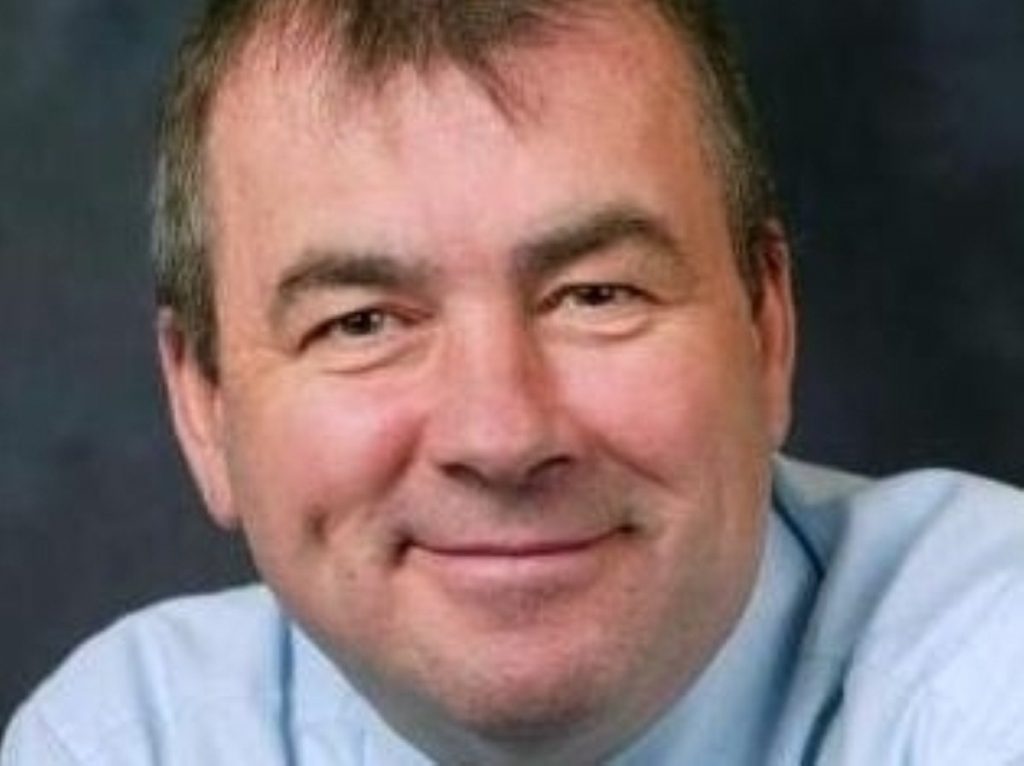Emergency Budget: Unions lash out at ‘deficit fetishism’
By Sandamali Zbyszewski
The TUC has lashed out at planned spending cuts ahead of next week’s emergency Budget.
It warned the government’s attempt to stem the national debt will severely weaken the country’s economy and will lead to heightened unemployment levels.
Commenting on the report, TUC general secretary Brendan Barber said “the huge spending cuts planned by the Government risk imposing a great deal of pain on the British people – especially for those at the bottom – and for absolutely no gain. But it doesn’t have to be this way.”


If the government pursues its stated policy of implementing cuts immediately and restricting investment, the union has cautioned that the most disadvantaged will be hit hardest and impaired the most from the withdrawal of services.
The TUC has engaged in a comparative study of Britain in the 1980s, Canada in the 1990s and, more recently, Ireland to see how harsh spending cuts affect their economy.
Mr Barber added: “cuts are the worst way to plug the hole in the public finances. They have not worked in Ireland and did not work in 1980s Britain.
“The speed and severity of UK cuts is more likely to spook the markets than please them as a double-dip recession looms and Europe embraces the self-harm of deficit fetishism.”
Results published in its report entitled ‘All Pain, No Gain: The Case against Cuts’ confirm attempts to reduce the national deficit will trigger a negative chain of events ranging from damaged public services and rising unemployment which will culminate in profound disadvantage for the most vulnerable.
Finally, the report hit at the heart of the government’s strategy by claiming that the immediate spending cuts will not reduce the deficit. The union predicts the government will find itself hard-pressed for cash as its intake of companies’ taxes diminish and the number of unemployed rises.
Instead the TUC called for the coalition to abandon its stringent cuts agenda and commit itself to an international growth package and to target tax increases on those who are most able to pay.

